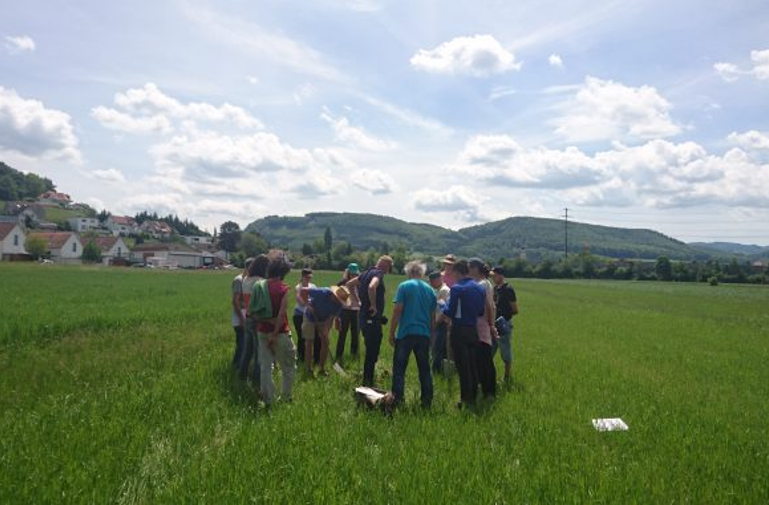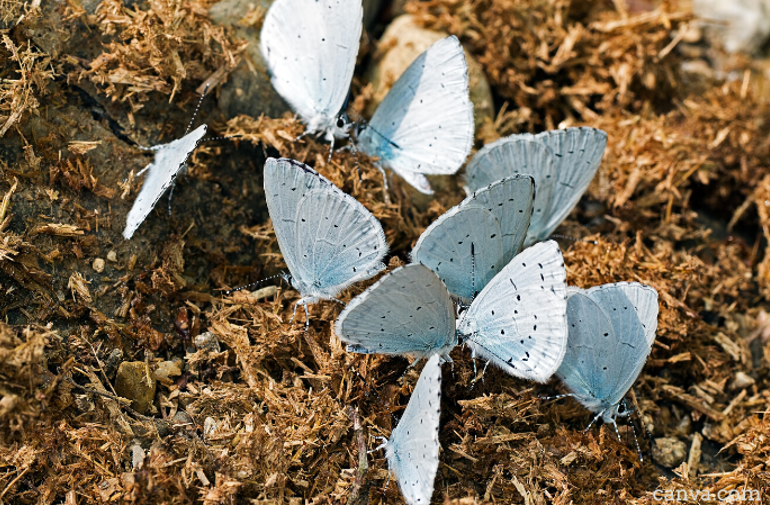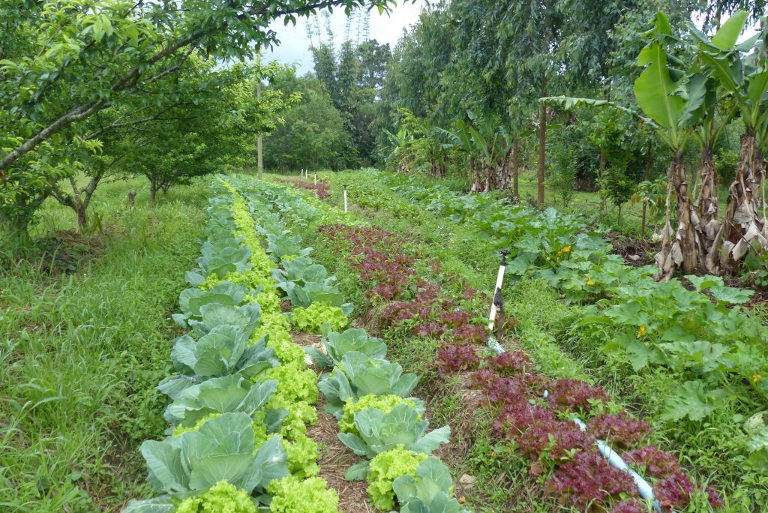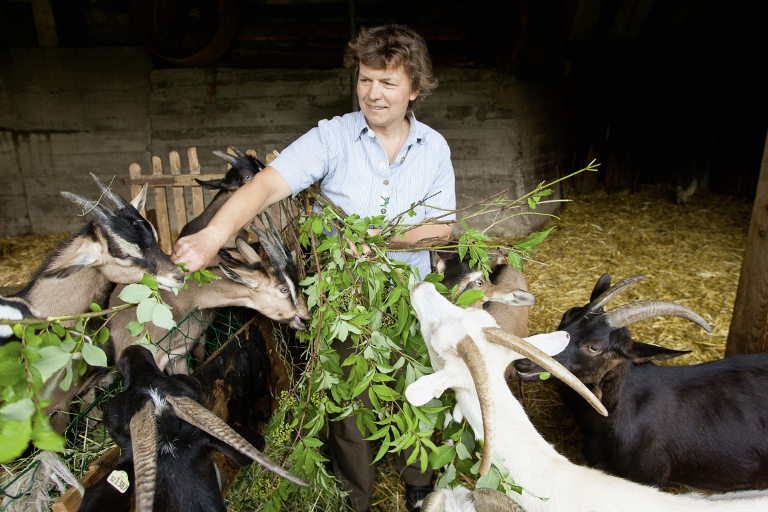Andrea Beste studied geography at the University of Mainz with a focus on “Sustainable agriculture in the tropics and middle latitudes” and received her doctorate in agricultural sciences (organic and conv.) at the University of Gießen in 2002. In 2001 she founded the Institute for Soil Conservation and Sustainable Agriculture. Since 2008 she has worked as free consulter for the European Parliament, the German Bundestag and various state parliaments on environmental, agricultural and food policy. Since 2017 Dr. Beste is a permanent member of the Advisory Expert Group for Technical Advice on Organic Farming Practice of the EU Commission.
The Myth of Climate Smart Agriculture – Why Less Bad Isn’t Good
It would serve us well to consequently apply and further develop known, climate friendly farming techniques before we continue with “precision techniques” on a whim. Unfortunately, in both research and practice this approach is rarely taken.
September 2, 2021
A Soil Scientist’s Perspective – Carbon Farming, CO2 Certification & Carbon Sequestration in Soil
What is needed are a high humus content and an active soil life. However, it cannot be the task of agriculture to “capture” greenhouse gases caused by industrial production and permanently store them in soils.
April 8, 2021
Comparing Organic, Agroecological and Regenerative Farming part 3 – Regenerative
On a European and global level, it can be observed that not only corporations but also decision-makers repeatedly resort to terms such as “regenerative” or “agroecological” if they want to avoid verifiable changes to the system and therefore want to avoid the explicit naming of organic farming, because it is clearly defined and leaves no room for interpretation.
February 12, 2021
Comparing Organic, Agroecological and Regenerative Farming part 2 – Agroecology
What organic farming and agroecology have in common is that they reject synthetic fertilizers and pesticides, use organic fertilizers and stabilize their farming systems through diversity.
February 11, 2021
Comparing Organic, Agroecological and Regenerative Farming part 1 – Organic
In this three part series we present an analysis by Dr. Andrea Beste on the similarities, differences and synergies between the organic, agroecological and regenerative farming movements. Part one here outlines the history and current status of the organic movement.
February 10, 2021






